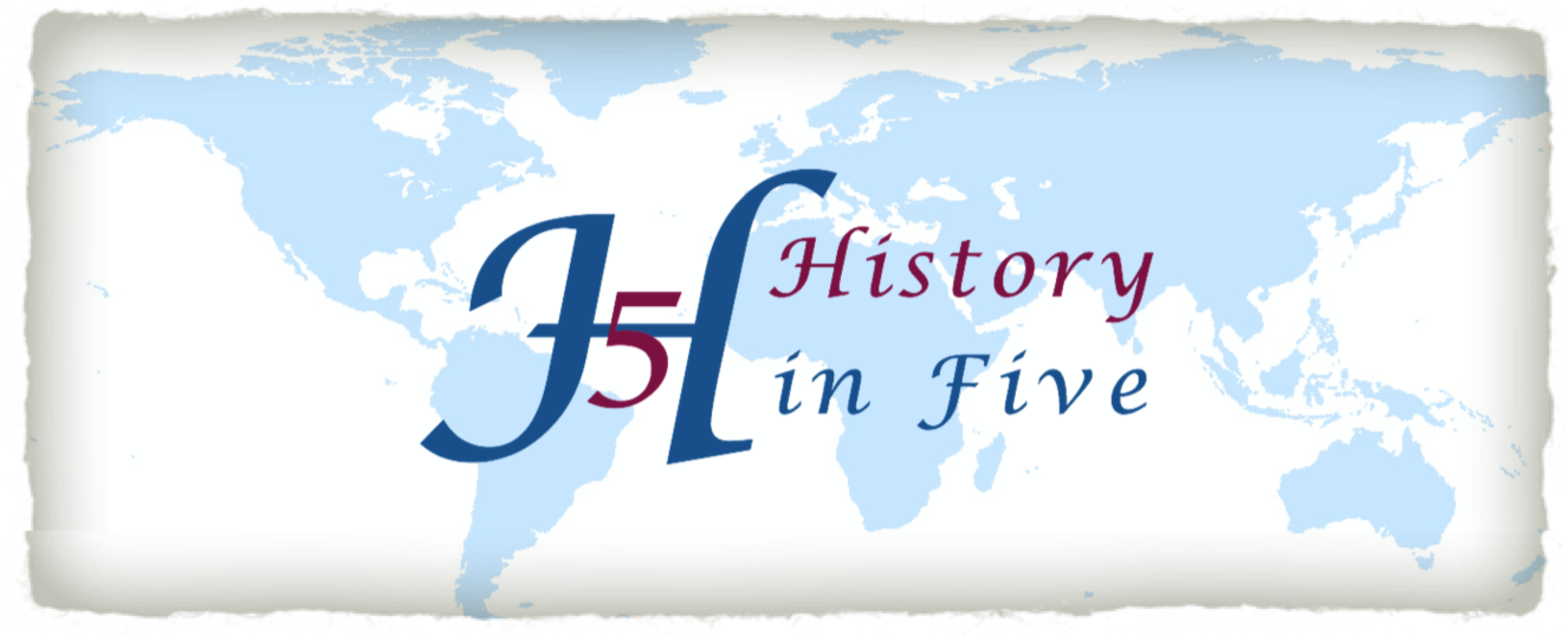Back to the video list: German History
Martin Luther initiated the Reformation in the year 1517. This effected the history of the world because the Reformation led to massive political changes in Europe and was the basis for the global rise of the Protestant faith.
Also of interest could be the following video documentaries:
Video
Overview
- Date: 1517 (31 Oct) – 1524
- Location: Holy Roman Empire, additionally Papal States
- Start: Luther publishes the Ninety-Five Theses
- End: The protestant faith is consolidated in wide parts of the Empire
Parties & Persons Involved
- Martin Luther (1483 – 1546)
- Friedrich III the Wise (1463 – 1525), Elector of Saxony
- Leo X (1475 – 1521), Pope
- Charles V (1500 – 1558), Emperor
Background
- Religious & philosophic background:
- Humanism (originated in Italy during the 15th century) focuses on the human being, the language & the ancient sources
- Strong piety of the people, esp. because of the ever-present death (i.e. plague)
- Anticlericalism of the people because of the materialism of the church
- Social & economic background:
- Invention of printing (Gutenberg, mid 15th century)
- Wide spread social & economic discontent
- Political background:
- Dualism of emperor (centralised power) & imperial estates (decentralised powers)
- International engagement of the emperor
- King of Spain & her colonies
- Conflicts with the Ottoman Empire
- Conflicts with France (& the Pope)
History
Early Stages of the Reformation
- From 1514: Luther’s Doctrine of Justification: Salvation by faith & not by good deeds
- 1517: Selling of indulgences to finance St. Peters Cathedral in Rome
- 31 Oct 1517: Luther publishes his Ninety-Five Theses
- 1518 – 1520: Further publications & speeches by Luther
- Rapid circulation & acceptance with the people
Key Points of Luther's Reformation
- Luther’s main points – theological dimension:
- Relativising the Papal infallibility
- Reducing the Sacraments to baptism, communion & penance
- Doctrine of Justification: Salvation solely lies in God’s mercy – but on Earth man must prove his faith through good deeds
- Luther’s main points – social & political dimension:
- Demanding general education & poor relief
- Abandoning the traditional hierarchy of institutional church & laymen (priesthood of all believers)
- Abandoning the materialistic behaviour of the church & with it the Papal States
Diet of Worms & Consolidation of the Protestant Faith
- Jun 1520: Pope threatens to excommunicate Luther
- Dec 1520: Luther burns the bull of excommunication
- Jan 1521: Pope excommunicates Luther
- Apr 1521: Diet (Reichstag) of Worms – „Here I stand, God help me, I can do no other.“
- Imperial ban on Luther
- May 1521 – Mar 1522: Luther hides on the Wartburg – Translation of the New Testament & Foundation of the Evangelic congregational life
- May 1521 – Mar 1522: Radicalisation of the Reformation in Wittenberg
- Mar 1522-1524: Luther returns to Wittenberg & consolidates the Evangelic Church
Consequences & Impact
- Basis for further reformatory movements & global spread of the Evangelic faith
- Establishment of the Evangelic church in the form of territorial churches
- Emancipation of the imperial estates from the emperor
- Strengthening of the territories & weakening of the emperor
- Precondition for theological & political conflicts & wars to come at least until the Thirty Years' War (1618 – 1648)
